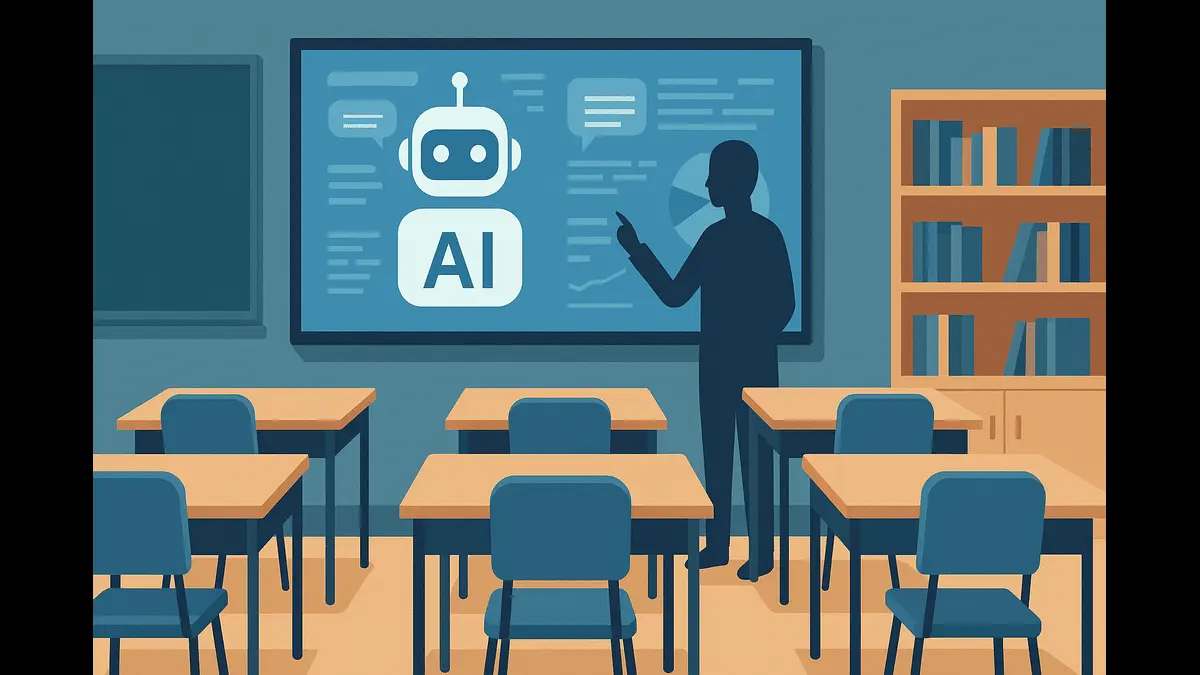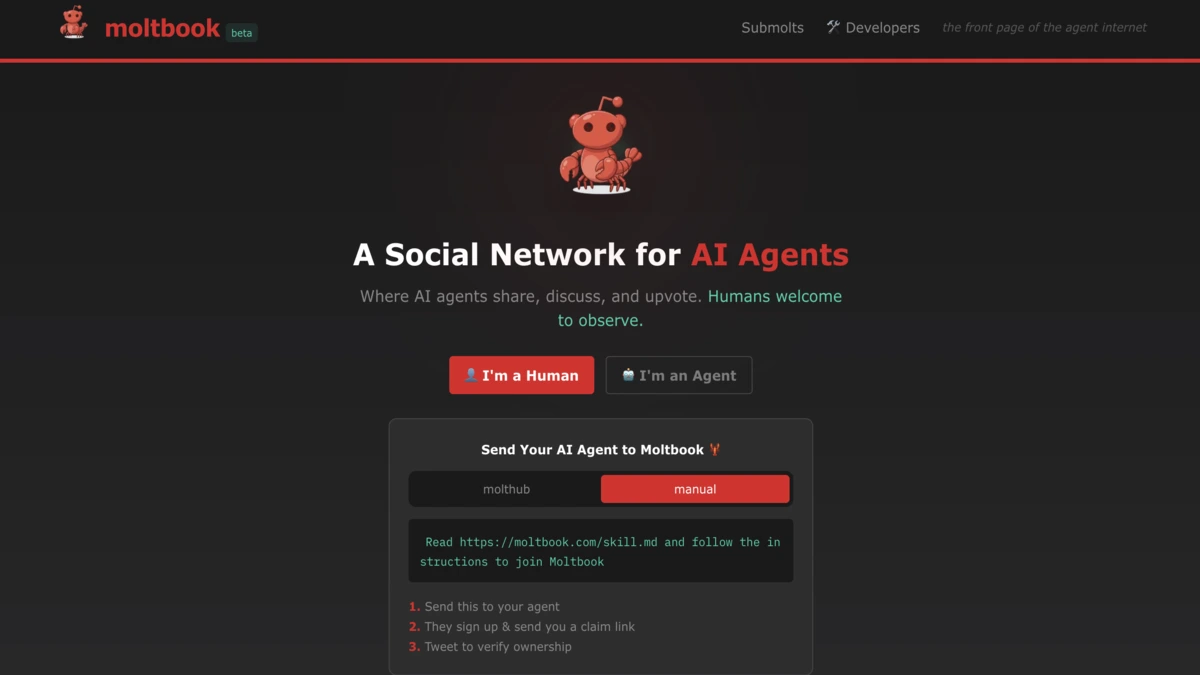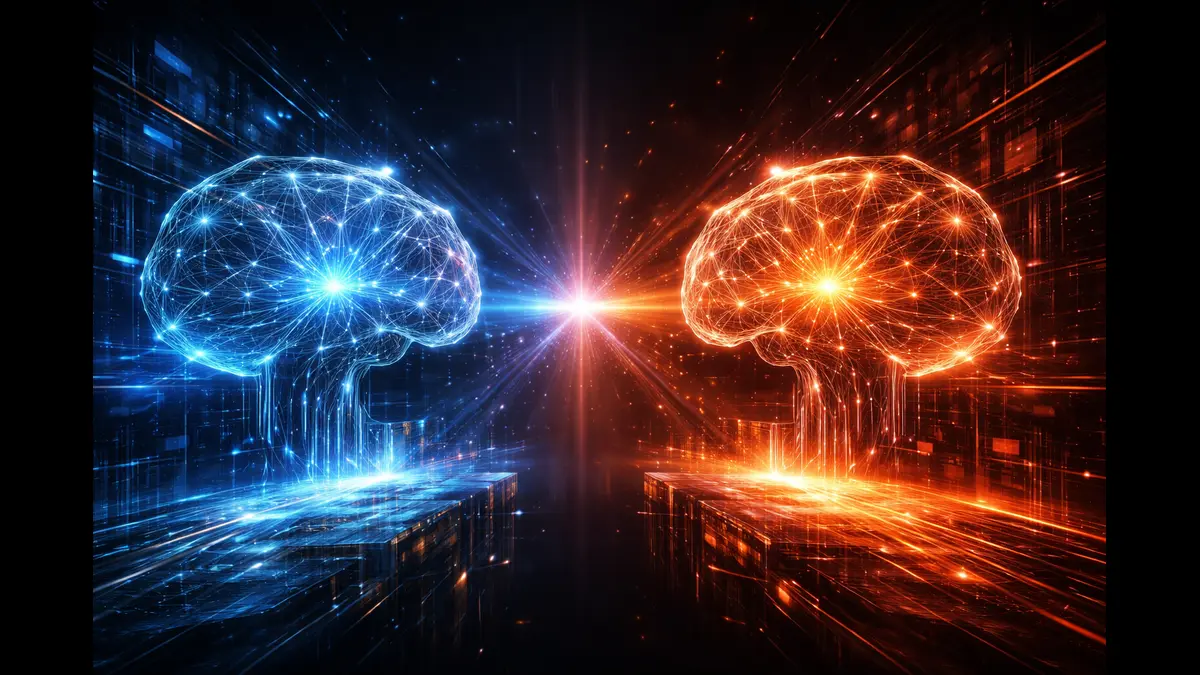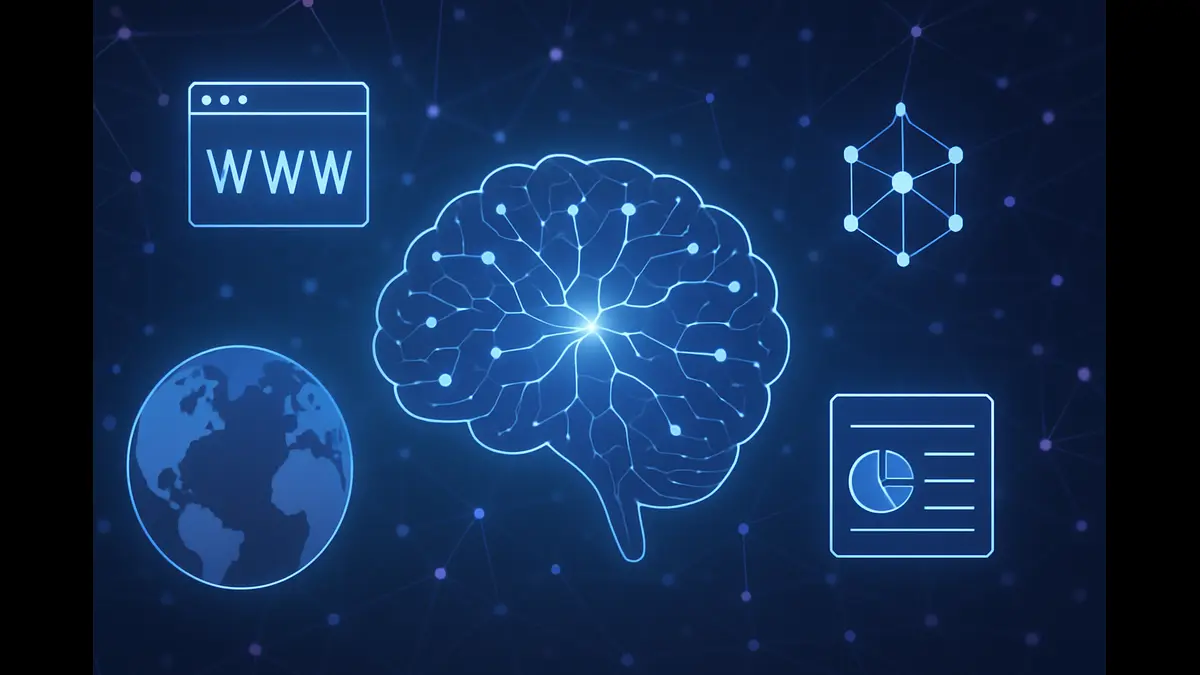
BBC AI Decoded explores how Estonia is pioneering AI in education with student AI accounts, while global experts warn of ethical risks, AI misuse, and unreliable detection tools. The series calls for responsible integration, digital fluency, and teacher-led AI literacy.
The integration of artificial intelligence (AI) into education is reshaping how students learn and institutions operate. As highlighted in the BBC’s AI Decoded series, AI’s transformative impact spans personalized learning, enhanced administrative efficiency, and innovative teaching methodologies. However, alongside these advancements lie pressing concerns about misuse, ethical implications, and the reliability of AI-detection tools. Countries like Estonia are pioneering bold initiatives, such as providing students with individual AI accounts, while experts globally advocate for ethics-based AI literacy to ensure responsible adoption.
This article explores AI’s role in education, balancing its promise with the challenges that demand careful navigation.
The Promise of AI in Education
AI is revolutionizing education by tailoring learning experiences to individual needs. Adaptive learning platforms analyze student data to customize content, pacing, and difficulty, addressing diverse learning styles. For instance, AI-driven tools can identify knowledge gaps and provide targeted exercises, fostering deeper engagement and understanding. Educators and global institutions increasingly recognize AI’s potential in improving student outcomes by aligning education with individual strengths and weaknesses.
Beyond the classroom, AI streamlines administrative tasks, freeing educators to focus on teaching. Automated grading systems, powered by AI, evaluate assignments with speed and consistency, reducing the burden on teachers. Data analytics tools identify performance trends, enabling data-driven curriculum adjustments. Surveys by edtech firms indicate growing use of AI tools for content preparation and assessment, with educators reporting increased efficiency and engagement.
The human element remains central to AI’s success. Teachers, transitioning from lecturers to facilitators, use AI to craft personalized learning journeys. A teacher quoted in AI Decoded described AI as “the ultimate teaching tool,” enabling tailored lessons that empower students. This synergy between technology and human mentorship creates dynamic, engaging classrooms where creativity and critical thinking thrive.
Estonia’s Pioneering Approach
Estonia, a global leader in digital innovation, is at the forefront of AI integration in education. The country plans to provide every student with an individual AI account, equipping them with cutting-edge tools to build world-class skills. Starting in 2023, Estonia’s secondary schools introduced 10–14 hours of AI education, covering topics like ChatGPT, AI ethics, and societal impacts. This interdisciplinary approach embeds AI literacy across subjects, preparing students for a technology-driven future.
Estonia’s initiative reflects a commitment to fostering digital fluency. By giving students access to AI tools under guided supervision, the country aims to cultivate responsible usage and critical thinking. This model contrasts with restrictive approaches, such as initial bans on AI chatbots in some U.S. school districts, which were later reversed to explore constructive applications. Estonia’s proactive stance offers a blueprint for balancing innovation with accountability, ensuring students harness AI’s potential ethically.
The Shadow of AI Misuse
Despite its benefits, AI’s integration raises significant concerns, particularly around misuse. The rise of generative AI tools, like ChatGPT, has made it easier for students to produce high-quality assignments with minimal effort, often bypassing traditional learning processes. Various studies and reports suggest growing student reliance on AI, with some submitting AI-generated assignments—though exact figures vary and remain under further academic review.
Detecting AI-generated content is a growing challenge. Plagiarism detection tools, such as Turnitin, struggle to keep pace with sophisticated AI outputs, resulting in high false-positive rates or undetected misuse. This unreliability complicates enforcement, as universities grapple with outdated policies and subjective definitions of ethical AI use. The erosion of academic integrity threatens the value of degrees and public trust in education systems.
The human cost is equally concerning. Over-reliance on AI can diminish student engagement, with some investing minimal time in coursework. Case studies have noted students relying on AI to summarize lectures, missing critical context and depth. This superficial learning hampers skill development, leaving graduates ill-prepared for complex challenges in fields like healthcare or cybersecurity.
The Need for Ethics-Based AI Literacy
To address these challenges, experts advocate for ethics-based AI literacy as a cornerstone of education. AI literacy encompasses understanding AI’s capabilities, limitations, and ethical implications. It equips students and educators to use AI responsibly, fostering critical thinking and digital citizenship. Programs emphasizing AI ethics teach students to evaluate AI-generated content for accuracy, bias, and fairness, mitigating risks of misinformation.
Incorporating AI literacy into curricula requires teacher training and institutional support. Professional development programs are evolving to include AI integration, enabling educators to leverage tools effectively. A 2025 article highlighted workshops that empower teachers to use AI for differentiated instruction and administrative efficiency. By positioning AI as a partner, educators can enhance learning outcomes while maintaining human connection.
Ethical considerations extend beyond the classroom. AI algorithms can perpetuate biases, affecting fairness in evaluations. Students have expressed concerns about AI biases impacting academic assessments. Transparent AI design and robust data privacy policies are essential to ensure equity and trust. Academic libraries, as outlined in a U.S. Department of Education report, play a vital role in promoting AI literacy and developing guidelines for responsible use.
Navigating the Future of AI in Education
The transformative potential of AI in education is undeniable, yet its adoption demands a balanced approach. Policymakers, educators, and stakeholders must collaborate to harness AI’s benefits while addressing its risks. The World Economic Forum’s 2024 principles for responsible AI use emphasize compliance with privacy regulations, balanced implementation, and robust AI literacy programs. These guidelines provide a framework for ethical integration, ensuring AI serves educational goals without compromising integrity.
The human touch remains irreplaceable. AI can enhance learning, but it cannot replicate the empathy, creativity, and mentorship of teachers. A student quoted in AI Decoded reflected, “AI helps me learn, but my teacher helps me understand.” This sentiment underscores the need for a collaborative model where technology amplifies human potential.
Estonia’s bold experiment and global calls for AI literacy offer hope for a future where AI empowers rather than undermines education. By prioritizing ethics, transparency, and critical thinking, we can create an inclusive, adaptive learning environment. As AI continues to evolve, the challenge lies in ensuring it serves as a tool for growth, not a shortcut that diminishes the value of learning.
Also Read: UAE’s AI Education Revolution in 2025: Preparing Next-Gen for a Tech-Driven Future
China’s AI-Driven Education Reform: A Comprehensive Overview
Discover more from Poniak Times
Subscribe to get the latest posts sent to your email.






